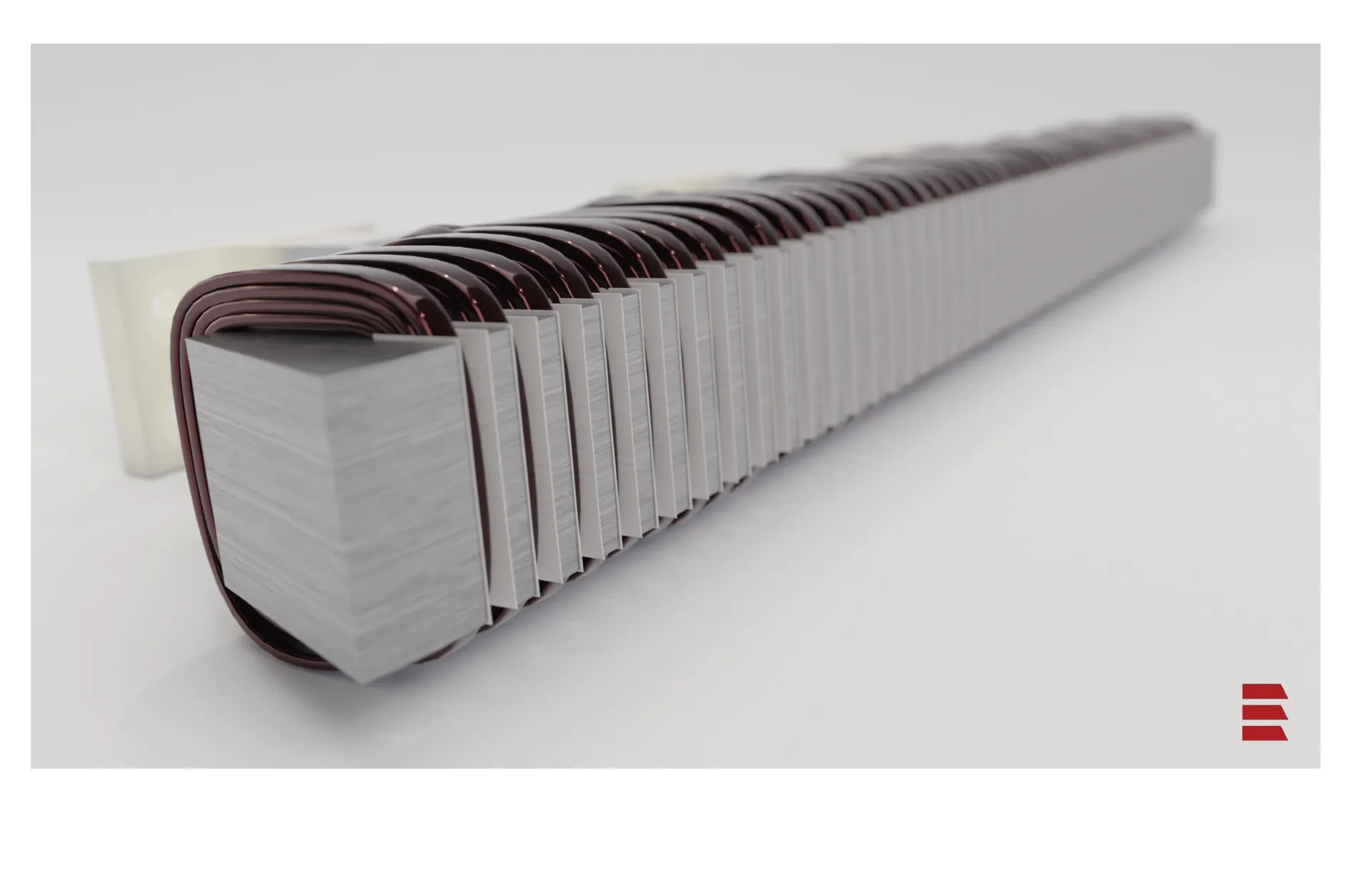The vehicle coasted above the first portion of the track for 5.3 seconds using magnetic levitation and reached nearly 2Gs of acceleration, while achieving the Phase 1 target speed of 70mph. The company is now entering the next campaign of testing, which will target speeds of 250 mph.
Hyperloop One tested all the system's components, including its highly efficient motor, vehicle suspension, magnetic levitation, electromagnetic braking, vacuum pumping system and more, proving the full system's components operate successfully as a single integrated unit in a vacuum.
In addition, Hyperloop One also unveiled the prototype of its Pod that will work within the integrated system. Using electromagnetic propulsion and magnetic levitation, the Pod will transport passengers and cargo inside the tube.
"Hyperloop One will move people and things faster than at any other time in the world," said Shervin Pishevar, co-founder and executive chairman of Hyperloop One. "With Hyperloop One, the world will be cleaner, safer and faster. It's going to make the world a lot more efficient and will impact the ways our cities work, where we live and where we work. We'll be able to move between cities as if cities themselves are metro stops."
In response to the announcement of the testing, Philippa Oldham, head of Transport and Manufacturing at the
“Building a sophisticated, evacuated tube system that is elevated on columns and aligned to a standard suitable for 700mph operation will definitely be a challenge,” she said.
“As the distance of the trials increase there will be many engineering problems to solve including that of managing track alignment. In the UK we would not be able to use any existing transport corridors at these speeds due to their lateral curvature. In addition travelling at those speeds means that any fault in the system would mean everyone on board would die - just as you would at 60,000 metres if you were rapidly decompressed. The safety systems will be critical to this technology ever being viable.
“Whilst this was a successful first trial the speeds were still relatively low and so it will be interesting to watch the development of this programme.”
Hyperloop One completes Hyperloop full systems test
Hyperloop One has completed its first full systems Hyperloop test in a vacuum environment at the company’s test track in the Nevada desert. The vehicle coasted above the first portion of the track for 5.3 seconds using magnetic levitation and reached nearly 2Gs of acceleration, while achieving the Phase 1 target speed of 70mph. The company is now entering the next campaign of testing, which will target speeds of 250 mph. Hyperloop One tested all the system's components, including its highly efficient motor,
July 17, 2017
Read time: 3 mins







